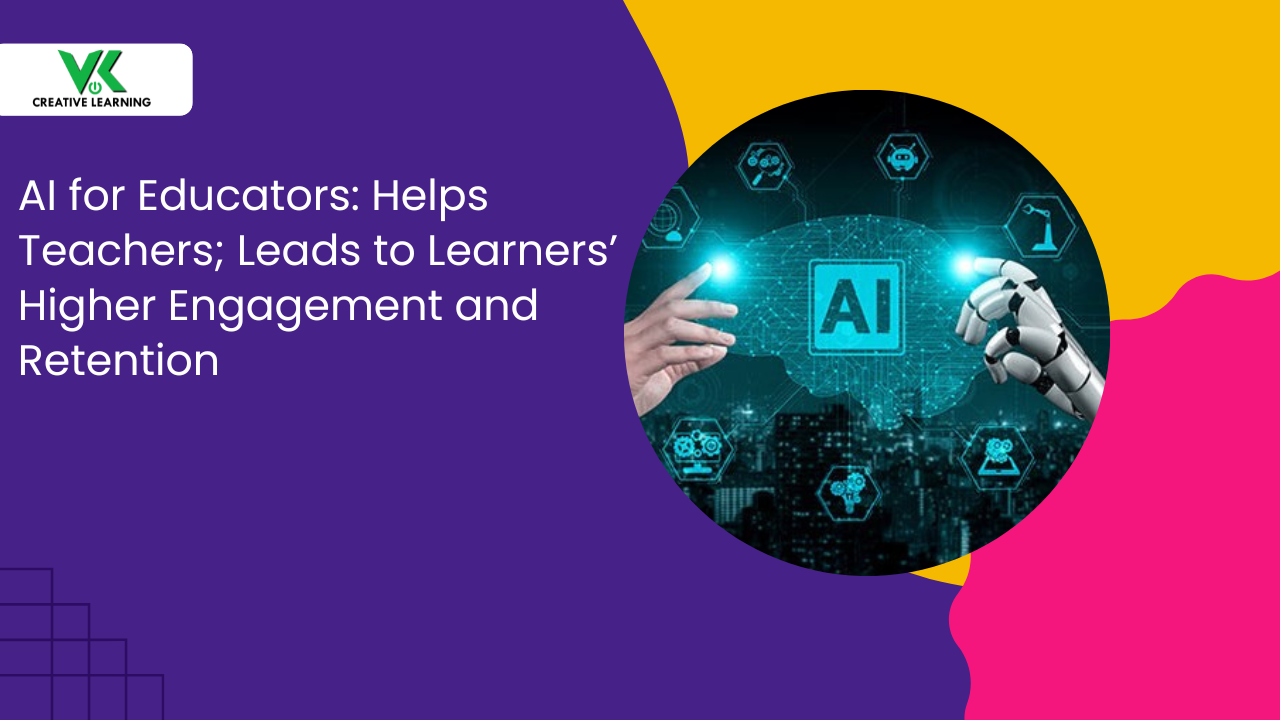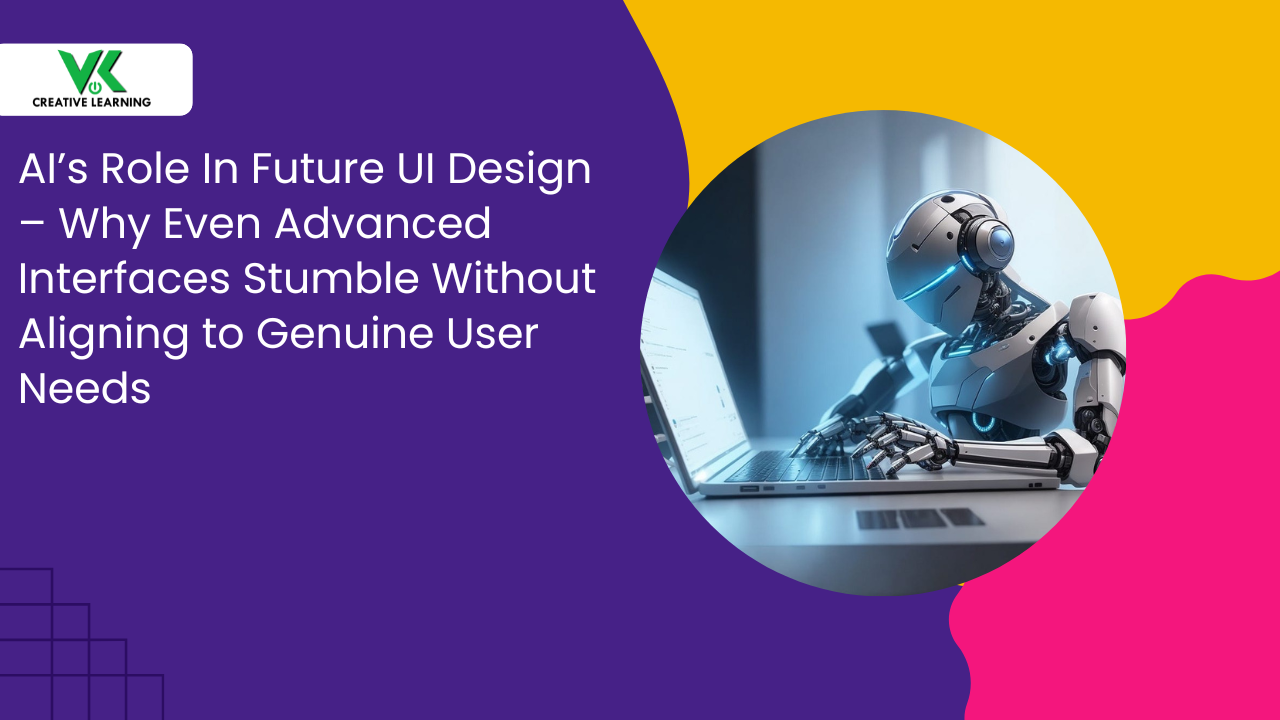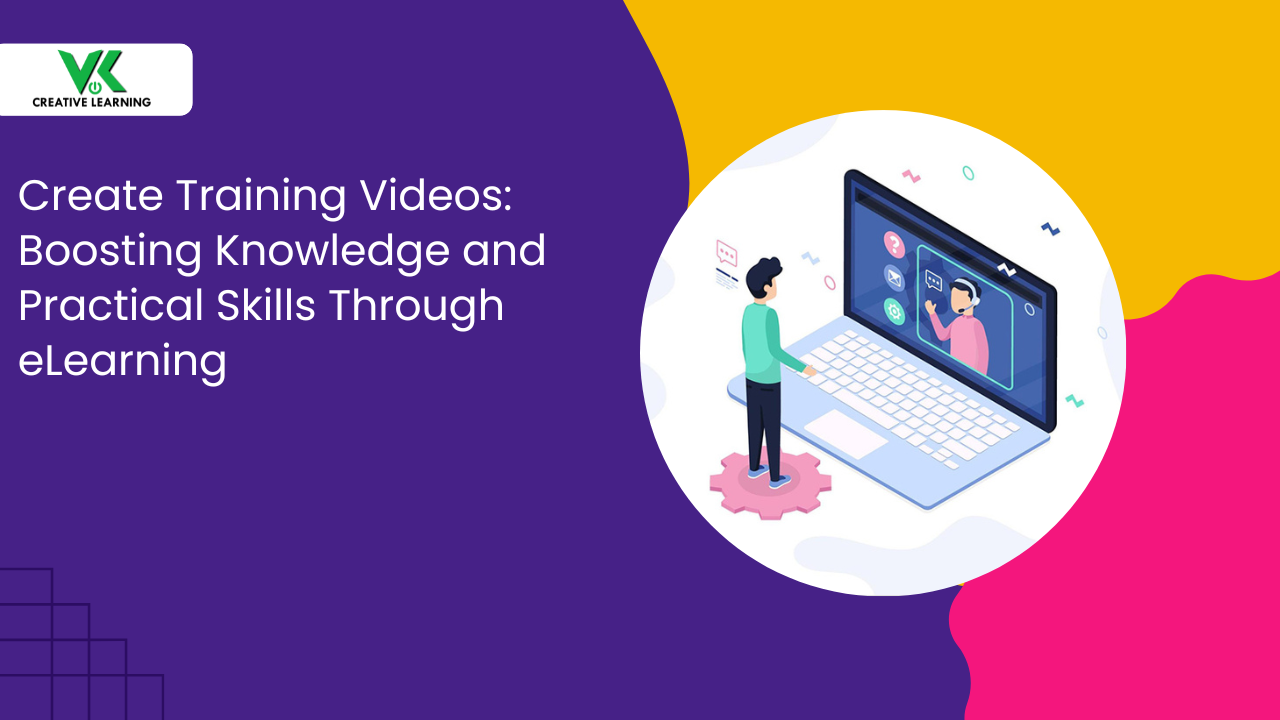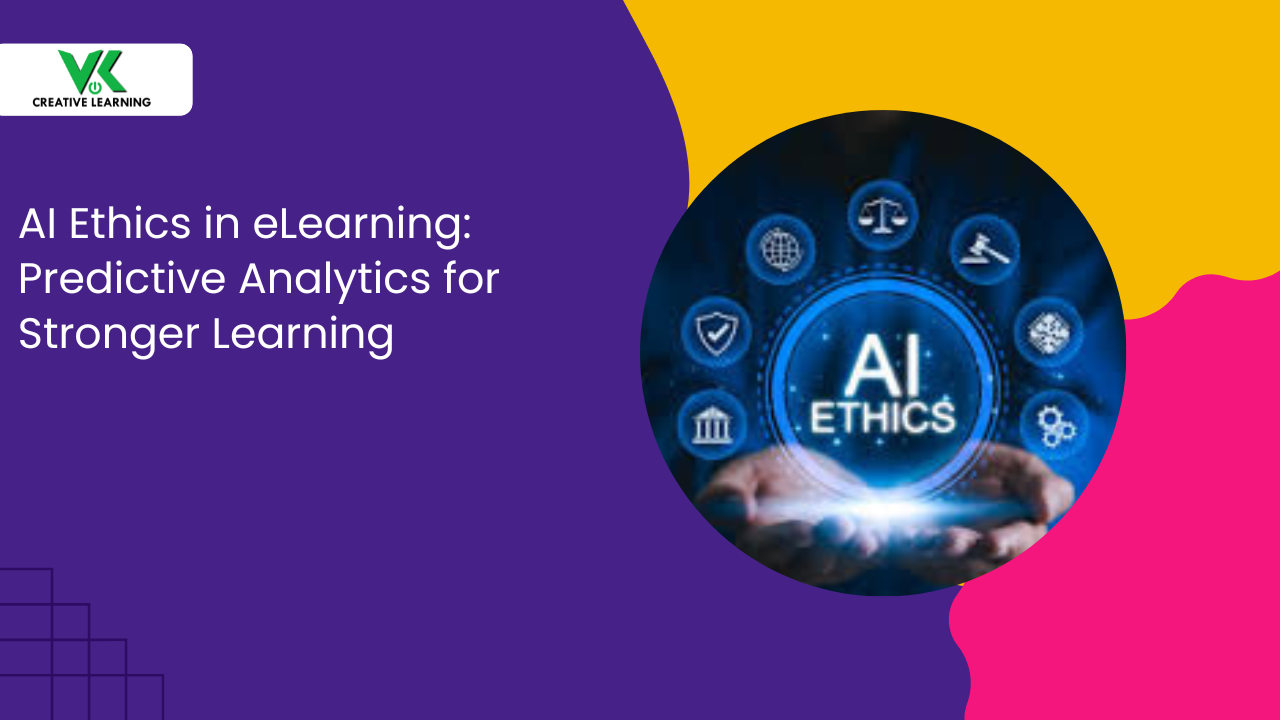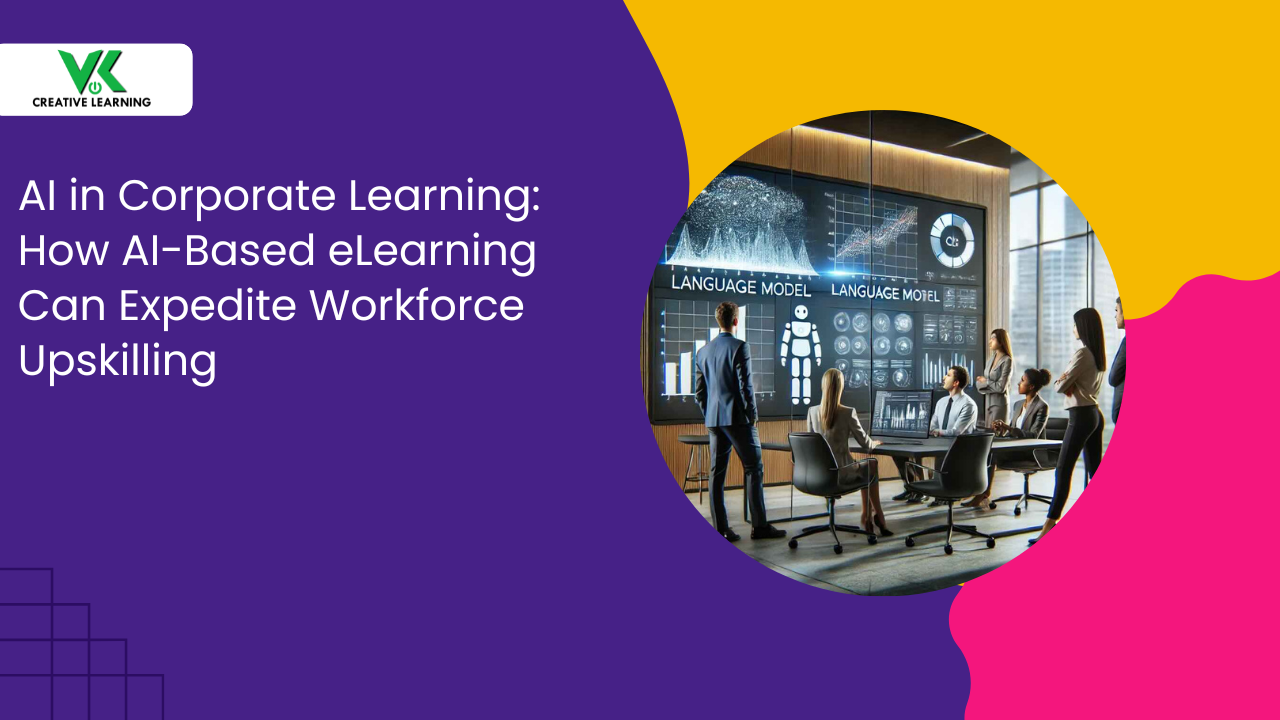How Artificial Intelligence is Transforming the Face of eLearning?
November 19, 2022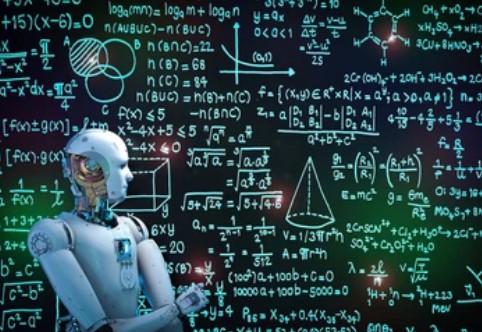
What is artificial intelligence?
Artificial intelligence (AI) is a branch of computer science that deals with creating intelligent machines that can mimic human-like intelligence to a certain extent.
AI is used to create computers that can learn and solve problems on their own. This technology is used in many different industries, such as pharma, chemical, manufacturing, and even education.
In the field of education, AI can be used to create personalized learning experiences for students. AI can also be used to create virtual assistants that can help teachers with their daily tasks.
Overall, AI has the potential to transform the field of education by making it more personalized and efficient.
What are the benefits of artificial intelligence in eLearning courses?
Artificial intelligence can help eLearning courses in a number of ways.
For one, AI can help create more personalized learning experiences. By analyzing a student’s performance data, AI can identify patterns and adjust the content of the course accordingly. This allows for a more targeted approach that can speed up the learning process.
Another benefit of AI is that it can be used to generate feedback. For example, if a student is struggling with a certain concept, AI can provide them with targeted feedback that can help them understand the material better. Additionally, AI can also be used to create summaries of eLearning courses, which can help students review the most important information.
Finally, AI can also be used to create engaging and realistic simulations. This can make eLearning courses more fun and interactive, while also helping students learn through experience
The Future of Artificial Intelligence in E-Learning Courses
The future of artificial intelligence (AI) in e-learning courses is both immensely exciting and somewhat uncertain. On the one hand, AI has the potential to revolutionize the way we learn by providing us with personalized, adaptive learning experiences that are tailored to our individual needs. On the other hand, it is still the early days for AI in education, and it remains to be seen how well AI will be able to meet the challenges of scale and complexity that are inherent in educational systems.
In the short term, we can expect to see more AI-powered e-learning courses that make use of data from student's interactions with the course content to provide them with customized feedback and recommendations. In the long term, it is possible that AI will play an even more central role in e-learning, with intelligent tutoring systems that can provide one-to-one instruction at scale and intelligent course recommendation systems that can help students navigate the ever-growing landscape of online learning resources.
Whatever the future holds for AI in e-learning, one thing is certain: it is an area that is ripe for innovation and one that we will be watching closely in the months and years to come.
The future of artificial intelligence in e-learning courses is looking very promising. With the rapid advancement of technology, artificial intelligence is becoming more and more sophisticated and is beginning to be used in a variety of different ways.
How A.I-based chatbots can make learning interesting and easy?
One way that artificial intelligence is being used more and more in e-learning courses is through the use of chatbots. Chatbots are computer software programs that are capable of mimicking human-like conversations with users through text messages or voice. They are designed to help answer questions that students may have about the course material or about the learning process itself.
Chatbots are not only becoming more common in e-learning courses, but they are also becoming more intelligent. As they become more sophisticated, they will be able to handle more complex questions and give better answers. This will make them an even more valuable tool for students who are taking e-learning courses.
The use of adaptive learning algorithms in eLearning courses
Another way that artificial intelligence is being used in e-learning courses is through adaptive learning algorithms. Adaptive learning algorithms are able to adjust the difficulty level of the material based on the student’s performance. This means that if a student is struggling with a certain concept, the algorithm will make the material easier for them. On the other hand, if a student is doing well, the algorithm will make the material more challenging so that they can continue to learn and grow.
Adaptive learning algorithms are already being used in some e-learning courses and they are having a positive impact on students’ performances. As these algorithms become more refined, they will be able to provide more personalized instruction and support, which will ultimately lead to better outcomes for students.
Thus, adaptive learning algorithms have the potential to greatly improve the effectiveness of e-learning courses. As these algorithms become more advanced and widely used, we will likely see a significant increase in student success rates.
Conclusion
Artificial Intelligence is definitely changing the face of eLearning in education. It is making it possible for students to get more personalized instruction and for educators to have more time to focus on other aspects of their job. Overall, AI has proved as a boon for the education sector and with the use of complex algorithms, eLearning companies try to make learning easy for students.
VK Creative Learning is one such eLearning solution provider which makes use of unique algorithms in its eLearning courses for K12 and other curriculums. With the use of complex type of AI algorithms and customized learning elements, VKCL’s can help institutes to create K-12 eLearning solution that would help to assess each student's level of expertise, rate of learning, and intended objectives to try to maximize their learning experience.
